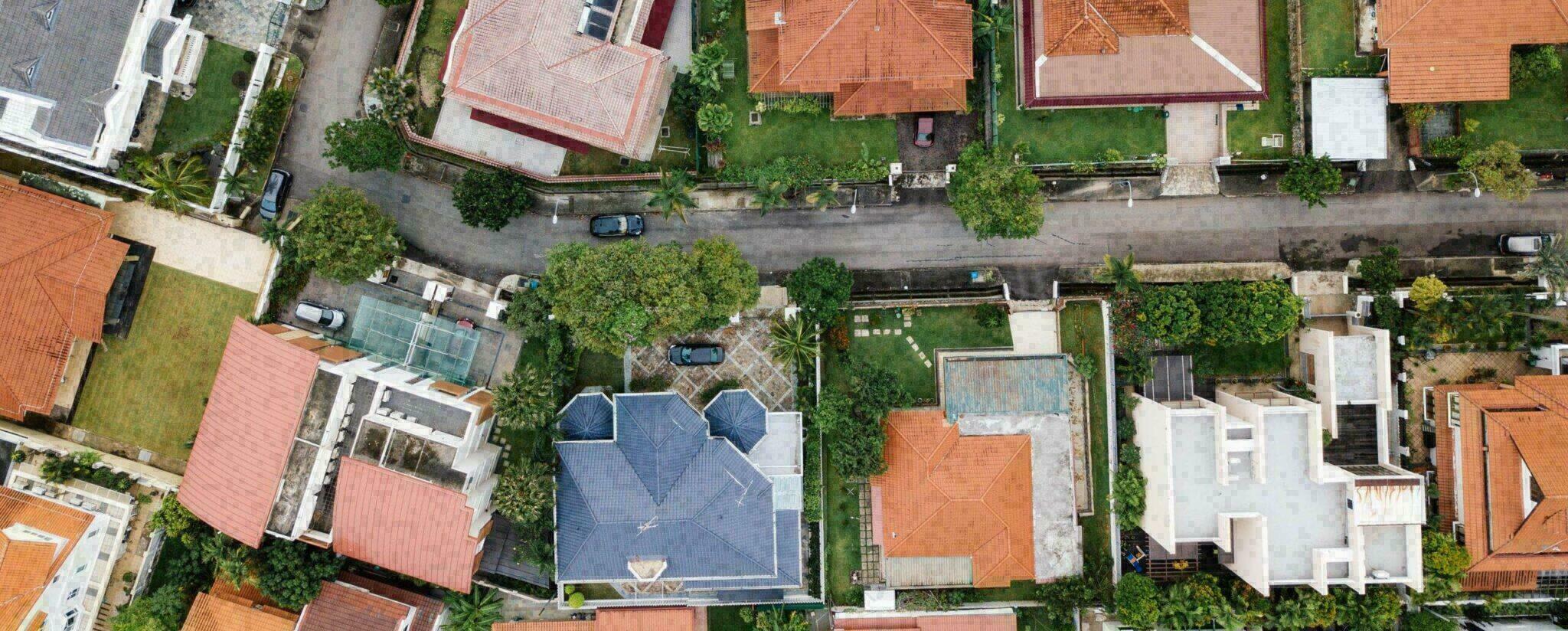Stamp Duty Land Tax (SDLT) – A Beginner’s Guide
What is SDLT?
SDLT is a capital tax payable by the purchaser of both freehold and leasehold interests in property and land situated in England or Northern Ireland.
It is calculated by reference to a percentage(s) of the chargeable consideration. This would usually be the property’s purchase price though it can also include the release or transfer of a debt.
Given that SDLT presents what can be a significant cost, it should always be factored in when considering the budget for your next home.
What are the Current SDLT Rates?
In the following table we set out the current SDLT rates which will remain in place until 31 March 2025.
| Purchase Price | Standard Rate for Only Residence | Rate for Additional Properties | Non-Resident Buyer’s Surcharge – Only Residence | Non-Resident Buyers’ Surcharge – Additional Properties |
|---|---|---|---|---|
| Up to £250,000 | 0% | 3% | 2% | 5% |
| £250,001 to £925,000 | 5% | 8% | 7% | 10% |
| £925,001 to £1.5 million | 10% | 13% | 12% | 15% |
| Over £1.5 million | 12% | 15% | 14% | 17% |
- A 3% premium is paid over the standard rate for any additional residential properties purchased; and
- Overseas buyers of UK residential property pay a 2% surcharge over the standard and additional property rates.
What if I am a first time Buyer?
First time buyer’s do not pay SDLT on the first £425,000 of a main residential property, provided that the property in question costs £625,000 or less.
| Proportion of property value | Rate for first-time buyers |
|---|---|
| Up to £425,000 | 0% |
| From £425,001 to £625,000 | 5% |
To be eligible for the first time buyer’s rates, you must never have owned, or part-owned, a property in the UK or abroad. Owned includes inherited property, even if it was sold straightaway and you never lived in it.
How Does SDLT Work with the Shared Ownership Scheme?
The Shared Ownership Scheme is only available in England or Northern Ireland and allows the SDLT to be paid either:
- As a One-Off Payment.
Here, SDLT is paid at the time of purchase on the market value of the property. No further SDLT is payable, even if a bigger share in the property is subsequently acquired.
This option can cost more upfront. Generally, it works out best where the market value is less than the SDLT threshold (£250,000), or first-time buyer threshold (£425,000).
- In stages
Here, SDLT is charged on the premium paid for the grant of the lease together with the net present value of the rent.
Where further shares in the property are purchased, SDLT is not payable until the ownership share reaches 80%, at which point, SDLT is payable on the acquisition in excess of 80%.
This option typically costs less up front, but as subsequent shares in an appreciating property are purchased, the overall SDLT cost may end up costing more.
When do I Pay the SDLT?
The deadline for both submitting the SDLT return and making payment to HMRC is 14 days after the date of completion of contracts to avoid penalties and interest.
What next?
If you have any questions about SDLT, please contact the Gravita Tax Team, who will be happy to help you.
Similar Insights

Understanding the talk around a UK exit tax before the 2025 Budget

The Chancellor’s proposed changes to partnership tax could have wide implications across professions

How share schemes can help businesses respond to higher National Insurance costs
Sign up to Gravita's latest updates and newsletters
Stay up-to-date with our event invites, latest news and updates, straight from Gravita's experts.
